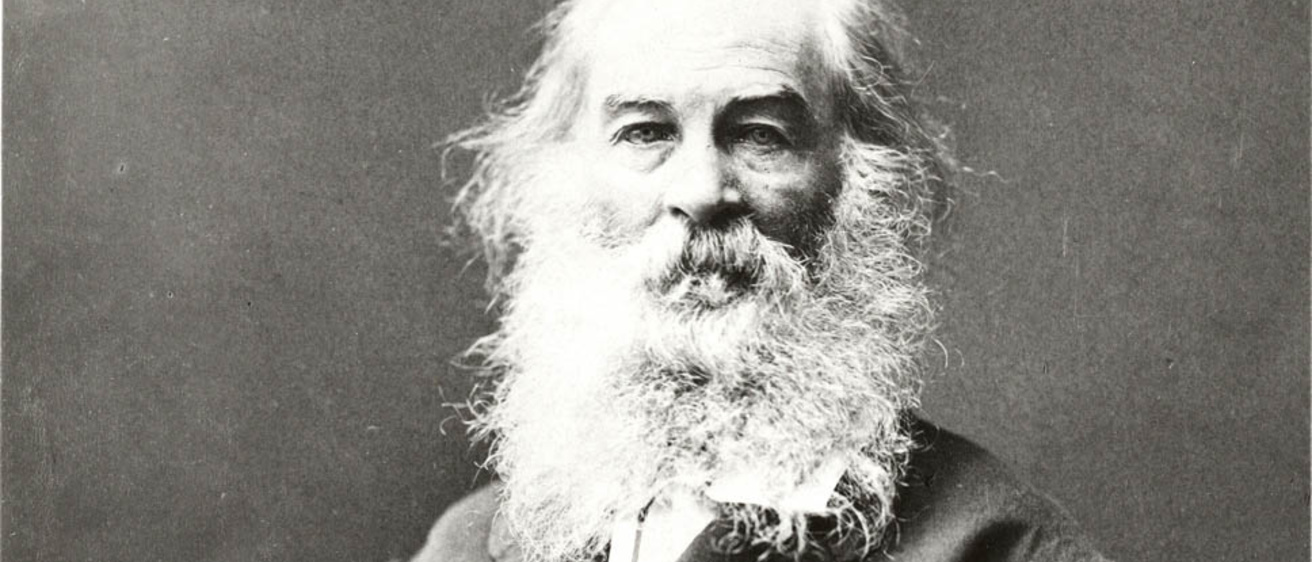Breadcrumb
- Home
- Civil War Writings
Civil War Writings

Civil War Writings
Main navigation
Overview
In Whitman and the Civil War—a project by the creators of WhitmanWeb—war was the subject, but peace and reconciliation were the themes that we explored week by week. How did Walt Whitman deal with the failure of the American experiment that he had celebrated in the 1855, 1856, and 1860 editions of Leaves of Grass? Soon after the 1860 Leaves appeared, South Carolina seceded from the Union, and a cascade of events began with the Confederate attack on Fort Sumter, leading to the four-year carnage of the Civil War, which caused more combat deaths than the combined total of all previous and subsequent American wars. This unprecedented mass death demanded new forms of witnessing. Whitman’s literary response to those events, in poetry and prose, was the subject we explored over the course of nine months soon after the 150th anniversary of the publication of Drum-Taps and Sequel to Drum-Taps, a collection of poems with a sharply different bearing than Leaves of Grass. Whitman would literally sew the pages of Drum-Taps and Sequel into copies of his 1867 edition of Leaves, a literal act of suturing as he stitched the horror of the war into his book of hope for the nation. Eventually he scattered these poems throughout the final editions of Leaves, letting the language of the war bleed into his democratic optimism. What he described in his war poems and in the prose sketches included in Memoranda During the War offers a darker, more nuanced understanding of his lifelong project, which was nothing less than to write the poem of these United States. “The proof of a poet,” he wrote in the preface to the 1855 edition of Leaves of Grass, “is that his country absorbs him as affectionately as he has absorbed it.” After the rupture of the War Between the States, there was an abundance of tragic material and shed blood to absorb, and Whitman did just that.
This project featured weekly commentaries and questions from Professor Ed Folsom, co-director of the Walt Whitman Archive, and Christopher Merrill, director of the International Writing Program. All texts were presented in English, Arabic, and French. Readers were invited to answer these questions in comment sections and on WhitmanWeb’s social media pages.